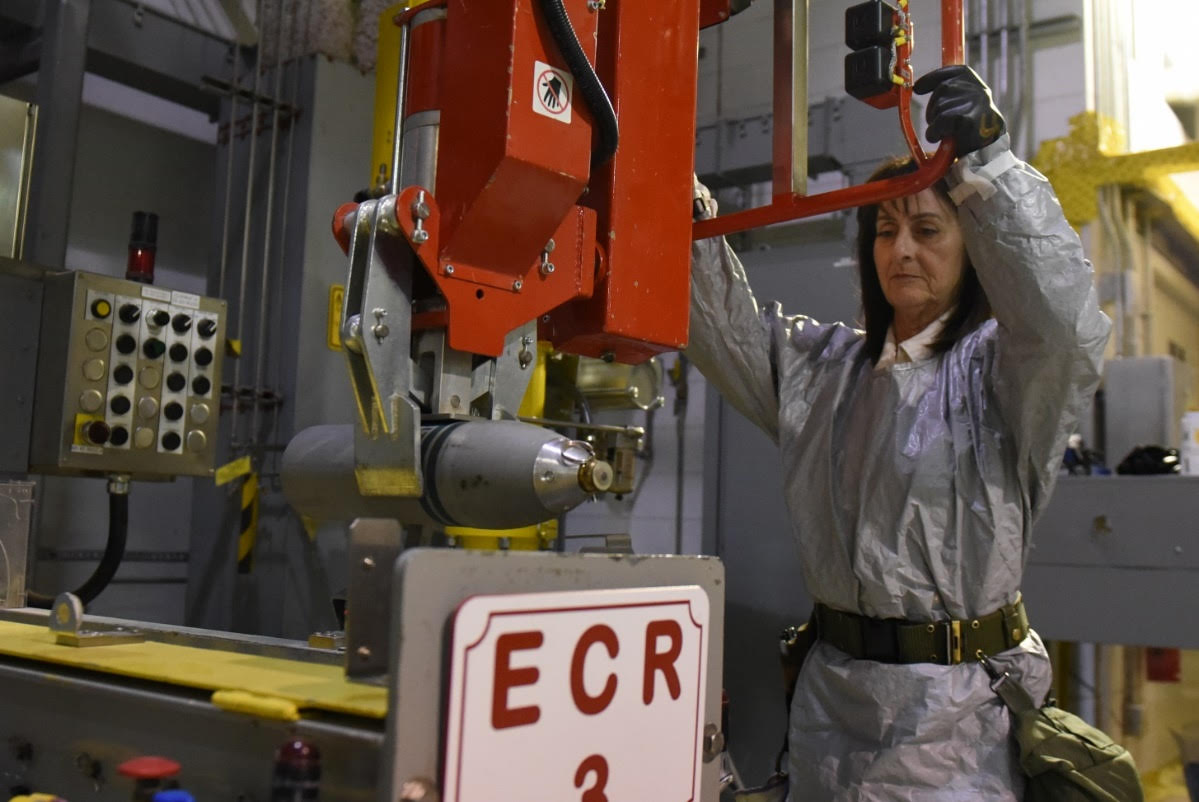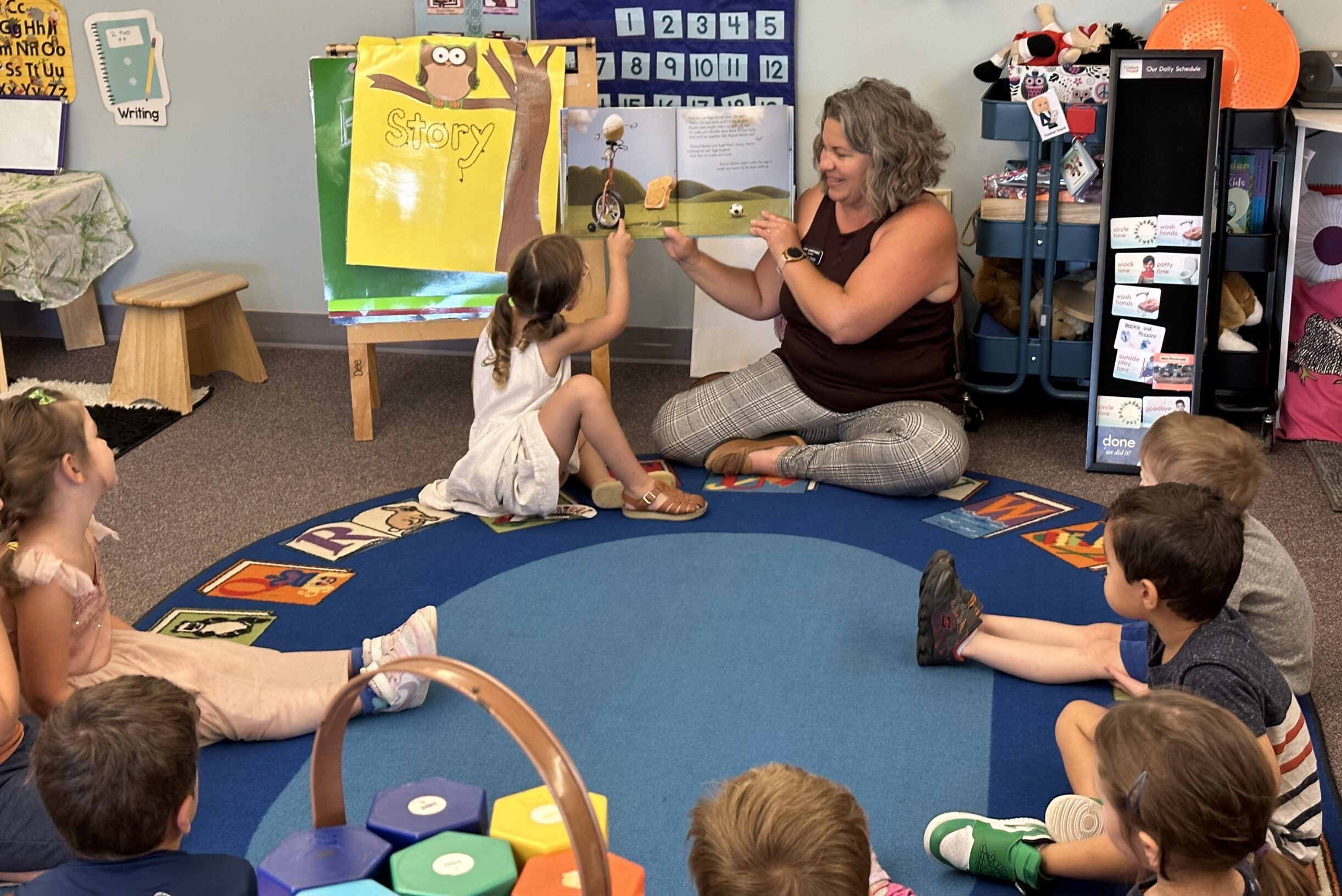
During the past eight years, workers at the Pueblo site destroyed nearly 800,000 weapons filled with dangerous mustard gas, according to an announcement by the facility. The stockpile had been kept in earth-covered shelters there since the 1950s.
Detonation chambers and living microbes were used to process the munitions which included mortar rounds and projectiles.
Eliminating these chemical weapons helped fulfill the United States’ commitment to the Chemical Weapons Convention treaty, according to the press release. The project employed thousands of people since the early 2000s, translating into some $2.58 billion in payroll and also doing some $530 million in business with Colorado companies.
Now the site will be decommissioned and cleaned up, which will take a few years. After that, the property will be transferred to PuebloPlex, the agency tasked with redeveloping the 16,000-acre location for commercial and industrial reuse. Parts of the site have already been put to use for civilian purposes.
Meanwhile, U.S. Rep. Lauren Boebert introduced the Pueblo Jobs Act bill, which provides for the closure and transfer of the property. Fellow Colorado Reps. Ken Buck and Doug Lamborn are co-sponsors. U.S. Sens. John Hickenlooper and Michael Bennet have introduced the same text but with a different name — the Pueblo Act — in the Senate.
Lamborn, who sits on the House Armed Services committee, got the language included as an amendment in their version of the annual defense policy bill known as the NDAA, while Hickenlooper got the measure included as part of the Senate version. That might be the bill's best avenue to passage. In 2021, Bennet and Lamborn were able to get language passed that would require the Army to issue a report with a plan for final closure.
Editor's Note: This story was updated after both the Senate and House Armed Services committees included the Pueblo language in their chamber's version of the NDAA.
Related stories
- Pueblo is still home to nearly 200,000 mustard gas weapons from WWII. Workers have started dismantling the last of them.
- In Pueblo, America’s Chemical Weapons Era Nears An End
- Pueblo Chemical Depot Milestone: Quarter Of Old Mustard Gas Weapons Destroyed
- Army Wants A Disposal Change At The Pueblo Chemical Weapons Depot









